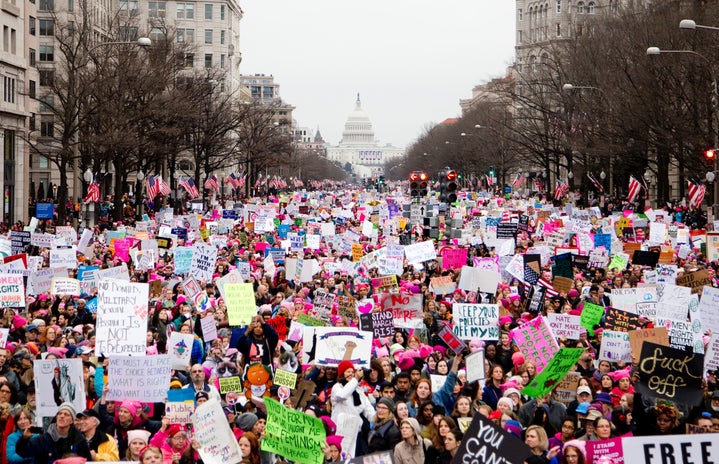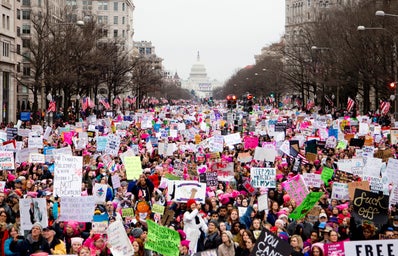In the past several years, there have been worries in many American households regarding new abortion laws, which prevent women from safe and accessible healthcare methods. Rumors of the Supreme Court reversing the 1973 Roe vs. Wade case spread like wildfire across the nation. This decision that was made nearly fifty years ago protects a pregnant woman’s right to choose whether or not to have an abortion. “Remarkable” and “monumental” are understatements of how significant this ruling was. However, since then it seems that we as a country have remained stagnant or even reversed our own history in order to preserve the traditionalist mindset that some groups coerce onto women.
According to several sources, bans have been introduced in at least thirty states this year alone. Texas is probably the most notable from the media, and this state is the fourth most populous state in terms of annual abortions.
Other states, such as Missouri, have introduced bills that would allow – and might I say, encourage – citizens to sue their fellow citizens who get an abortion in another state. Death penalty and prison sentences are also potential consequences for some women in states heavily influenced by abortion laws. After the Texas ban, neighboring states are also following through with their own legislation. Such states, like Oklahoma, are avoiding their own inundation of women from other states fleeing to their abortion clinics by shutting said institutions down. This leaves women in many states in the southern United States stranded in order to fend for themselves.
There is a strong likelihood that within the next few months, other states will vote to ban abortion. In the Pacific Northwest alone, Idaho, Wyoming, and Utah are expected to shut down many of their abortion clinics.
In itself, this is implicitly racist and limits individuals from impoverished communities. Socioeconomic background should not determine if someone should have access to their medical needs. These decisions further perpetuate biases against minorities, as historically marginalized groups who also struggle financially are a substantial number of abortions. There are other variables to this association, especially availability for contraceptives and reproductive resources. Ultimately, it seems that politicians and individuals involved in these legislative policies have their own agendas besides their perfomative interest in the life of the unborn child.
Nonetheless, states who are firm in their decision to support abortion are now expected to experience a heavy influx in Planned Parenthood employees as well as women in need of various reproductive procedures. For example, California is being labeled as a refuge state, making the process easier for anyone from any state trying to get an abortion. The city of Seattle recently confirmed that they will not change their laws regarding reproductive health and have offered to take in more medical practitioners who can assist current Washington clinics. This employment reassurance for doctors has also allowed for a momentary breath for women in the state. The notion of our nation’s ever-changing perspective on female reproductive rights is deeply misfortunate and misogynistic. It proves that many of American leaders are still rooted in a patriarchal attitude, which perpetuates their sense of power and entitlement. The motive behind these rulings was never about the fetus and pro-life action but rather the control of the female body and ensuring the male status dominates that of women.
What does this mean for you? Regardless of your personal stance on abortion, we can predict a serious rush of healthcare providers in the coming months moving to the state of Washington. Planned Parenthood infrastructure is bracing for an increase in appointments needed, and, with the difficulty in being able to legally administer abortions, Washington is desperate for extra support from other states’ current women’s health programs. If you were to need access to a Planned Parenthood facility in as earlier as the fall, you might have to wait for weeks and weeks for an appointment. Clinics are understaffed and underfunded. And the protestors that are ceaselessly standing outside of these buildings yelling and humiliating patients do not help the situation in any sense.
With my firm beliefs in pro-choice laws, I strongly disagree with these decisions that are controlling the individual bodies of women across the country. There are multitudes of reasons why a woman would choose to get abortion, and it is not the government’s business to decide whether she should carry a child to term. These are scary times for any woman or female-identifying individual in the United States. Voting and donating to Planned Parenthood are some of the easiest ways you can help reverse these upcoming changes before too many women are negatively affected.
Read more from the NY Times here.


